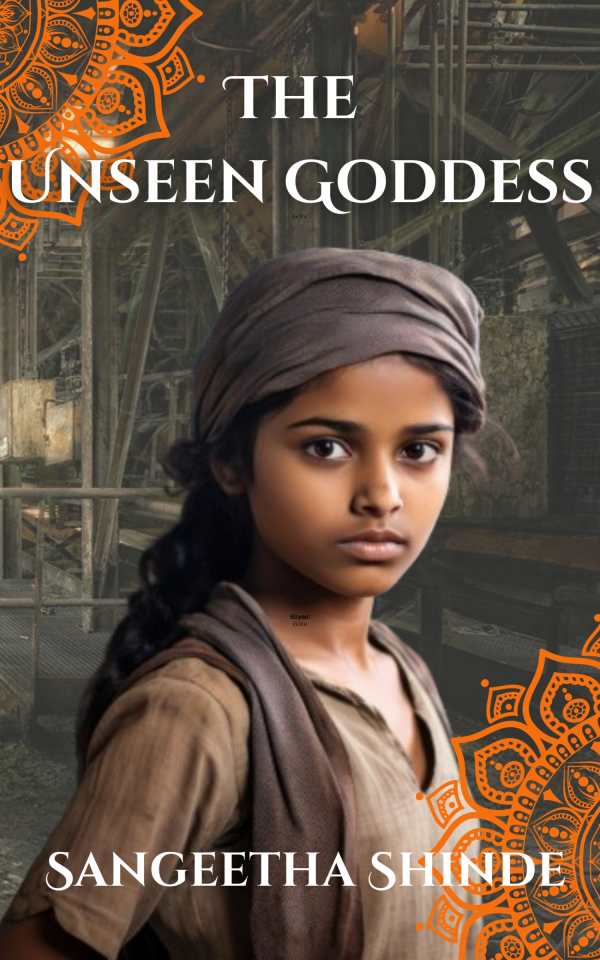
The Unseen Goddess
An earnest, inquisitive woman faces horrors in her daily life, but may be rescued by motherhood, in the evocative novel The Unseen Goddess.
A woman sees goddess images everywhere, though none seem to be protecting her, in Sangeetha Shinde’s vivid novel The Unseen Goddess.
Madhuri is born into poverty. Her father beats her mother, breaking her jaw; when her father dies, her mother sends her away. Madhuri picks worms out of her food and sometimes doesn’t eat. But she also finds space to run and play with other children and relishes the tiny private room she receives later in life.
After she is sent away, Madhuri works in a home supporting disabled children whose lives echo her own contorted childhood. Just as the children start to bond with her, though, a jealous woman ousts her from the home. After she is married off, her child is taken away to live nearby; this haunts her. Her husband beats her. She feels more in control when she has a daughter, whom she vows to protect. Indeed, her daughter renews her faith, helping her to transcend her own circumstances.
Madhuri is an earnest, inquisitive narrator who volleys between accepting her situation and questioning it. Her confidences are intimate and urgent, held together by moments of equanimity in her life. Horrors and daily life are recounted equally; she accepts injustice. She sees goddess images around her through her troubles and doesn’t understand why, and she talks about plants growing in desolation. She also introduces cultural elements, with her voice as the primary vehicle for developing the setting; at times, her own development is overwhelmed by such descriptions. Still, her contextual details are helpful for fleshing out her world, in which issues of social justice abound.
The story moves with speed, but the hardships Madhuri endures are so unrelenting that it strains credulity. Madhuri’s exchanges with others are earnest if sentimental, and she is too prone to appealing to goddess statues for help. Further, the story is limited to her perspective, making it repetitive and narrow in scope. There’s a sameness to the manner in which she laments her circumstances, too: phrases like “in this misery called my life” and “I suppose now my life goes back to what it was always meant to be—an unceasing flow of time” resist nuance. As Madhuri’s circumstances get worse and worse, closure is evaded beyond the hope that her daughter provides.
In the candid novel The Unseen Goddess, a woman’s faith grows despite circumstances that delay her finding peace.
Reviewed by
Gale Hemmann
Disclosure: This article is not an endorsement, but a review. The publisher of this book provided free copies of the book and paid a small fee to have their book reviewed by a professional reviewer. Foreword Reviews and Clarion Reviews make no guarantee that the publisher will receive a positive review. Foreword Magazine, Inc. is disclosing this in accordance with the Federal Trade Commission’s 16 CFR, Part 255.
